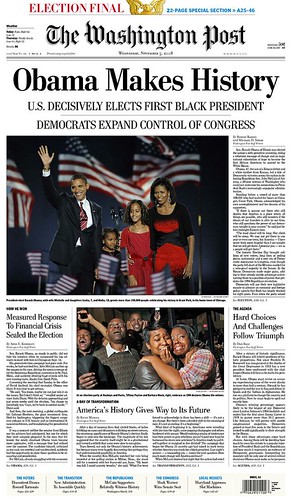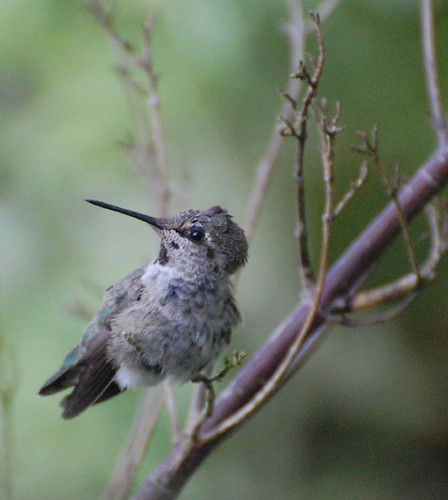Lately, I’ve come to realize
two things: 1.) The internet gave me a miraculous forum through which to finally
get my writing out of my head and in front of the eyes of actual other human
beings; and 2.) The internet completely killed the possibility of my ever making
a living off my most cherished innate talent.
If I had never ventured into
AOL J-land 11 ½ years ago, I would never have understood the depth of my
passion for writing as communication with other people. And I would never have discovered that I
could write for an audience, and be successful at it. Granted, it was a small audience of people
mostly a lot like me…but it was an audience.
And I loved it. I thrived.
But fast-forward a decade,
and the ether is clogged with wannabe-writers.
Everybody wants into the
act. All you have to do is look at the
restaurant critiques on Yelp, or product reviews on Amazon, to realize exactly
how many folks out there fancy themselves clever enough with written language
to qualify them to splatter their judgments all over the internet. There are so many voices out there…so much
noise. It’s hard enough to break through
all that clamor (witness the tanking of my blog-hit numbers), much less find a
forum that might actually pay for my writing. I wonder how many of the writers for Salon or
Huffington Post or Daily Kos (and some of the writing on Daily Kos is
dreadful!) are indeed paid for their work?
I mean, they have bylines and websites and blogs and “followers” and
twitter accounts…but is that how one measures writing success in the 21st
century? What do they use to pay the
bills?
Still, I’m addicted to
floating around the internet and delving into “magazine articles” that catch my
eye. I do this with a certain amount of curmudgeonly
envy; I like to keep tabs on what kind of pieces are getting the nod from internet
“publishers” like Huffington Post. And
from time to time, I come across relationship “how-to’s” like this one:
The writing is decent. It reads like a (overly lengthy) Valentine
card, or a speech out of Don Quixote.
“What
you deserve is someone missing you the moment you walk out the door, even if
you’ll only be gone a moment.
“…You
deserve every birthday remembered and every holiday embraced. You deserve
effort behind any gift, even if it’s a flower picked up from the sidewalk on
the way home…
“…You
deserve to be held with tenderness. You deserve that earth-shattering
kiss; the one that you need to stay alive and the one that is your sole
nourishment for survival…
“…You
deserve to be introduced to friends as if you were the rarest thing on earth.
You deserve to be brought into a room with pride in hand that he is so blessed
to be standing beside you…
“…You
deserve a thought behind every word, especially when saying goodbye. You
deserve letters, notes and Post-Its that remind you how special you are to him
on any given day…”
But the sentiment! Oh my god,
get me some insulin!
Putting aside the sappiness
of the whole thing, I had to wonder if there are girls/women out there who
might actually take this missive as gospel, and do their lives some irrevocable
damage. Because this isn’t just a fantasy
or a case of looking at the world through rose-colored glasses. It goes way beyond that; it crosses the line
into toxic bullshit.
I know. I am one of those who used to believe in this
kind of fairy story. I honestly thought
that there was such a thing as a long-term relationship that would function on
this level forever…and I believed my marriage was one of the rarefied few. I believed that religiously…for about two
years. Then I got a sense of what
everyday marriage is about, when the rubber hits the road. I started to get an inkling of the stark
differences in the ways men and women perceive the world. After about five or six years, I realized
that if we were going to make this marriage thing work, it was going to entail
a whole lot of modified expectations, balancing “must haves” against “likely to gets,” and choosing what to fight for and what to
let slide.
Still, I believed for many
more years that our marriage was one of the better ones. But despite all of the accommodations I
believed I had made, the expectations I thought I had adequately modified, the
epiphanies I was convinced I had absorbed and put into practice in our lives,
our marriage went through some very dark times, and nearly ended more than
once. All because I had never really let
go of the image of our relationship as being somehow…above all that. Some part of me still shrugs and sighs in
disappointment that our lives haven’t quite measured up to that cherished
Impossible Dream.
Only now, nearly forty years
in, am I coming to understand that the real beauty of an enduring long-term
marriage lies in its ability to bow to the differences that are guaranteed to
produce rocky roads, to weather the inevitable storms, and to embrace and
celebrate the slightly crumpled, soot-smudged phoenix that rises out of smoldering
ruins.
I’m afraid that anyone who
holds fast to the standards set forth by the author of the article above will
never really know married love, in all its forms, colors, and reincarnations. Never experience the amazing process of the
agony of defeat being gradually replaced with the victory of endurance. Never be able to appreciate the magnitude of two
hands reaching out to grasp each other after being held apart for a really long
time. Because, let’s be honest; all of
those things so poetically put forth in the article—the birthdays remembered,
the earth-shattering kisses, the letters and post-it notes reminding you of how
special you are—are just…fluff.
Trappings. Actions that anyone could do; and then drop you like a hot rock
at the first sign of trouble.
In fact, if love is a matter
of “deserving” all this fine and special treatment, will there come a point at
which you no longer deserve it? Suppose that lightning strikes, and you DO manage to find yourself in a relationship that
functions on that level to begin with. What if you fuck up? (And you are going to fuck up…trust me.)
What if you make some kind of huge blunder, and your significant other
no longer thinks you “deserve” to be treated like fine treasure? What if YOU no longer feel you deserve it? What happens then? Do you re-invent yourself, wriggle out of the
relationship and go out in search of Lightning Strike #2? Or #3?
Or #4?
So for all her lofty, poetic,
high-minded exhortations…this author’s view is really the equivalent of the
relationship third-rail. If you ask me,
this very concept is at the core of the critically rising divorce statistics. If we hold the very human beings to whom we join ourselves in everlasting love to an
impossibly inhuman standard of behavior, we can never be satisfied. It’s a sure-fire recipe for spending your
life lonely and frustrated.
Yet, Huffington Post
published the article. I have a feeling
that if I sent THIS essay to Huffington Post, they’d laugh me out of the “office.” Because no one has any interest in the relationship
perspective of a battle-weary, childless baby-boomer who has negotiated the
minefield of a four-decade marriage and lived to tell about it.
But they should.
























